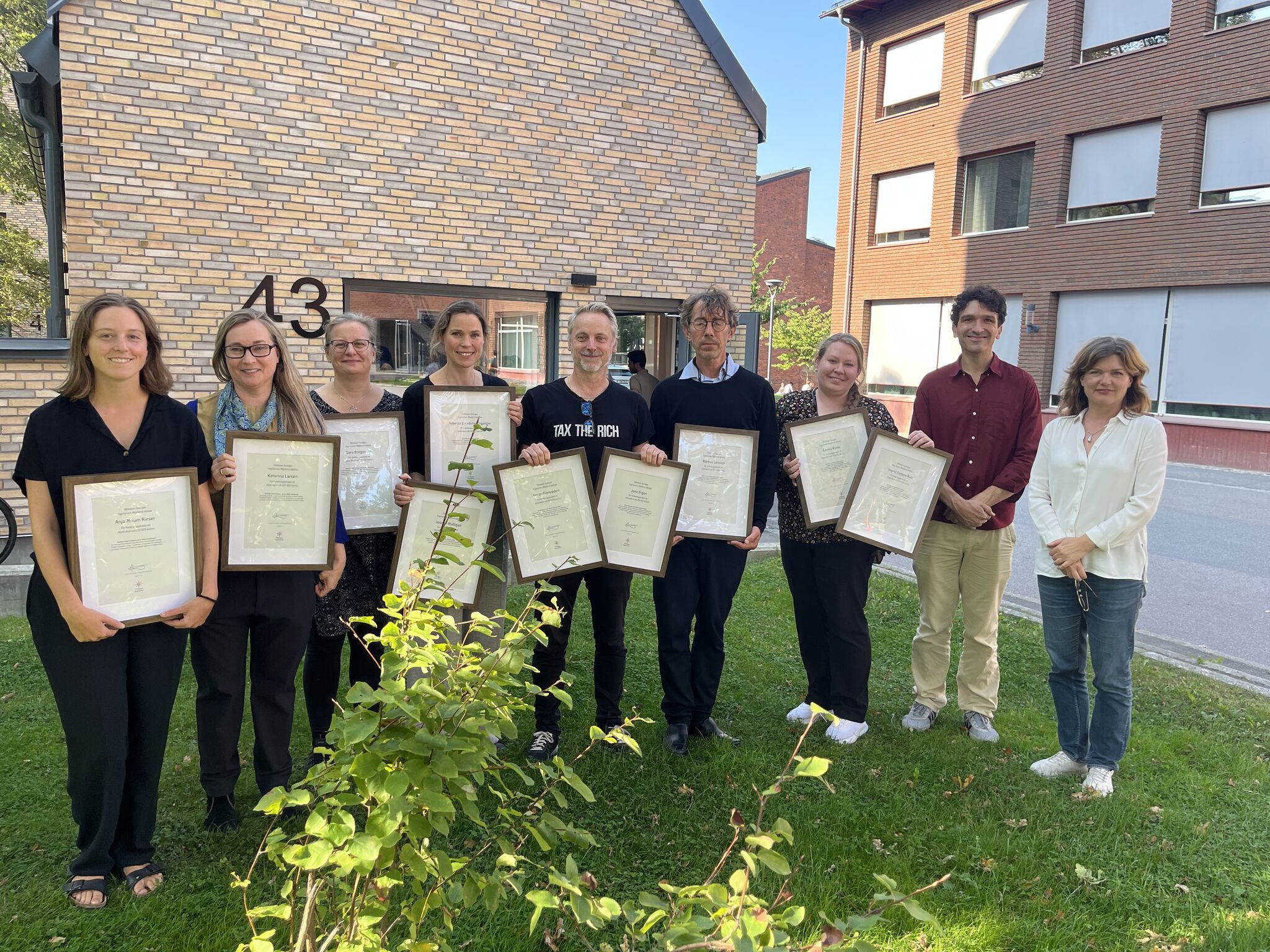New grant for establishing a Swedish Citizen Science Lab for Urban Biodiversity

How can we work together with citizens, actors from the public sector, civil society organizations, academia and private sector to develop knowledge about citizen science and urban biodiversity? Sara Borgström at SEED with Katarina Larsen and Anja Rieser, from the Division of History, have received a grant to support the first steps towards a Swedish citizen science lab for urban biodiversity.
Here you can read the news item from Stiftelsen Sveriges Ingenjörers Miljöfond and the news item from the KTH Climate Action Centre
Are you a student doing your thesis? The Miljöfond also grants engineering students who want to do their thesis work on environmental issues, the Call is open 1 October- 10 November
